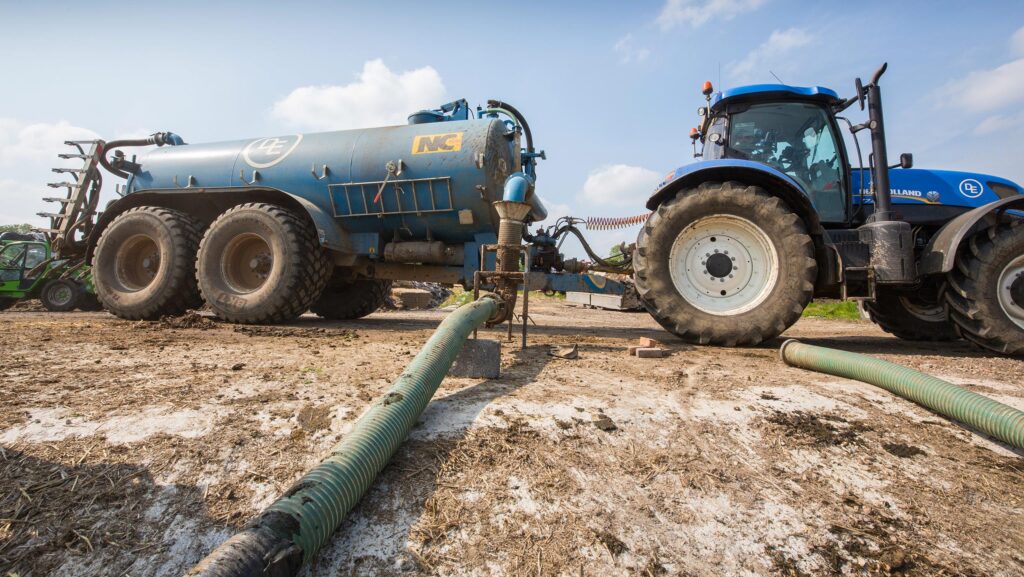Appeals process set out for breaches of Welsh NVZ rules
 © Tim Scrivener
© Tim Scrivener Welsh farmers who inadvertently breach the government’s new water quality regulations are to be given access to an “appeals process” if they can demonstrate they have taken reasonable steps to comply.
Under the rules, farmers are expected to have five months’ slurry storage for livestock and must not spread for three months from 15 October to 15 January.
See also: Wet autumn piles pressure on slurry rules in Wales
For years, agricultural leaders in Wales have warned of the difficulties associated with a farming-by-calendar approach to spreading, and a wet autumn this year has left many farmers unable to empty their slurry stores before the closed period begins.
Today, a statement from Welsh government confirmed that cross-compliance penalties would be reduced for farmers who had taken reasonable steps to comply, but are not compliant, until 1 August 2025.
Natural Resources Wales has also been given the power to consider any unforeseen circumstances which have resulted in a breach, with individual circumstances considered on a case-by-case basis.
‘Shambolic’ handling – Plaid
Plaid Cymru’s shadow minister for rural affairs, Llyr Gruffydd, said the statement “laid bare the shambolic handling of these regulations.”
“It’s effectively a last-minute admission from Labour that a farming-by-calendar approach just doesn’t work,” he added.
“This is the first time they’ve admitted the need for a more flexible approach. Sadly, Welsh farmers will now have to wait until the end of the month for further information and proper details – proof once again that Labour are just making it up as they go along.
“We need to see what changes are proposed at the earliest opportunity. We also need Government to be clear what they believe constitute ‘reasonable steps to meet the new storage requirements’.”
James Evans MS, Welsh Conservative shadow rural affairs minister, said: “Labour should be standing by farmers, who have done everything possible to abide by the regulations and have sought advice from Natural Resources Wales, not persecute them for unavoidable lapses.
“The Labour government must look again at this and reassure concerned farmers that they will not be penalised for unexpected events.”
NFU Cymru reaction
Martin Griffiths, chairman of NFU Cymru’s Water Quality Review Group, said while the statement from Welsh government offers some clarity on cross compliance standards, the core regulations remain unchanged, meaning farmers could still face penalties.
Mr Griffiths called for a temporary derogation that would allow for slurry spreading during closed periods under exceptional circumstances, involving a more flexible approach based on weather and ground conditions rather than arbitrary dates.
NFU Cymru is also urging farmers to participate in a water quality survey on its website to gather data on how these regulations are impacting farming operations, which will aid in discussions with the Welsh government.
